Optimal Timing for Waterproofing Applications
Waterproofing is essential for protecting structures from water intrusion and damage. The timing of waterproofing applications can significantly impact their effectiveness and longevity. Proper scheduling ensures that waterproofing materials adhere correctly and provide optimal protection against moisture penetration.
Spring offers moderate temperatures and rising humidity, making it suitable for waterproofing projects before heavy rainfall begins.
Warm and dry summer months are ideal for waterproofing, allowing materials to cure properly without interference from rain.
Fall provides cooler temperatures and less humidity, making it a good time to prepare structures before winter.
Winter is generally not recommended due to freezing temperatures that can hinder application and curing of waterproofing materials.
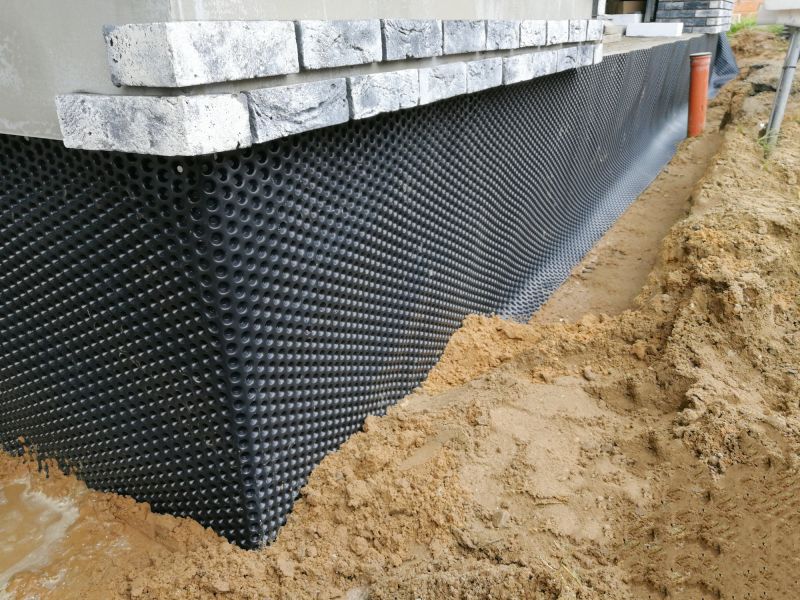
Ways to make Waterproofings work in tight or awkward layouts.
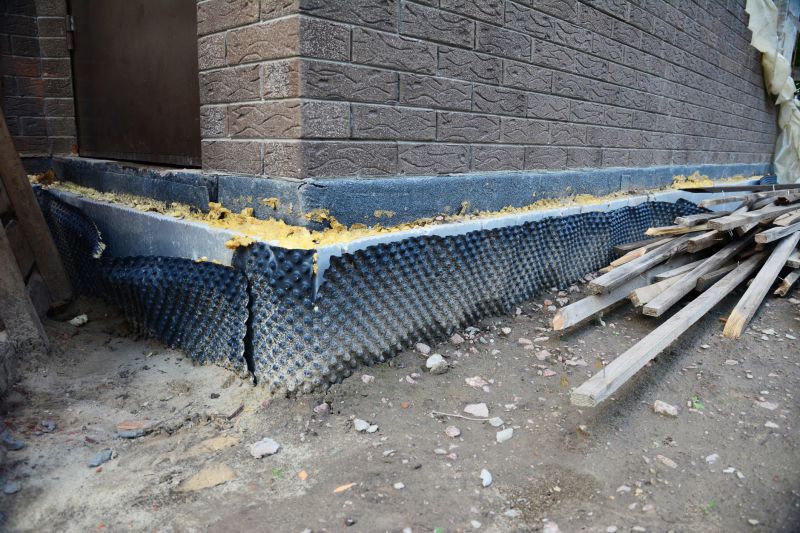
Popular materials for Waterproofings and why they hold up over time.
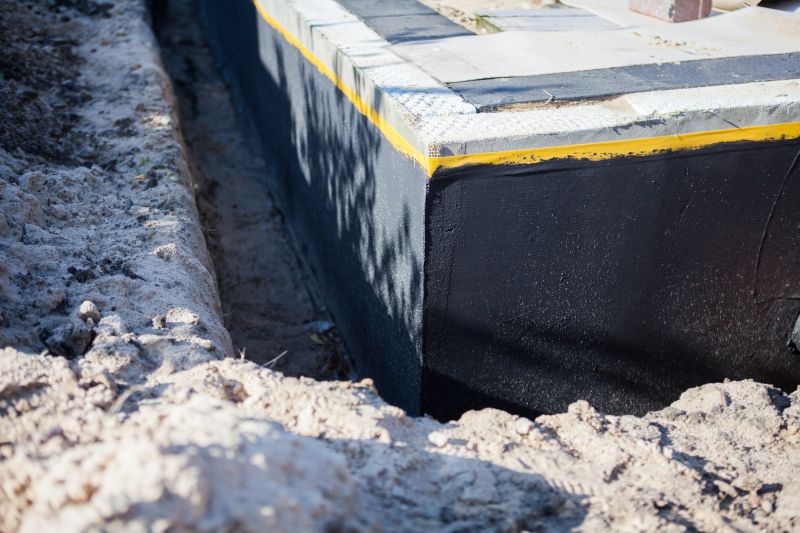
Simple add-ons that improve Waterproofings without blowing the budget.
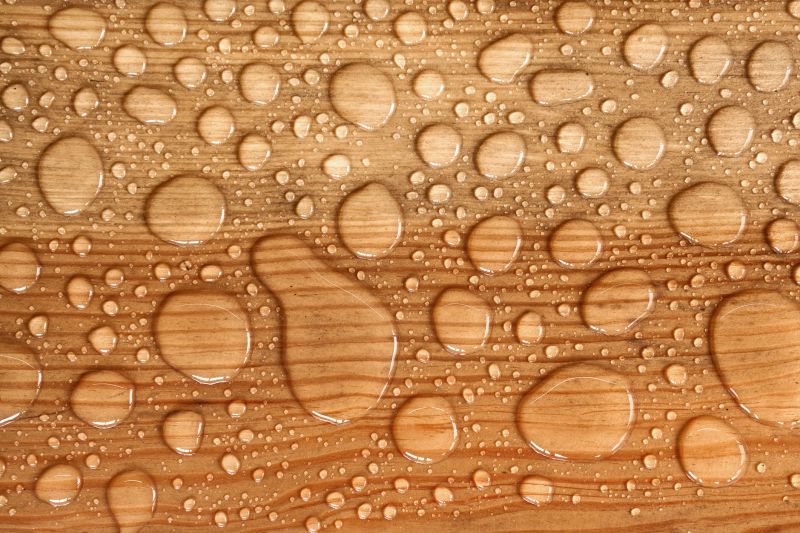
High-end options that actually feel worth it for Waterproofings.
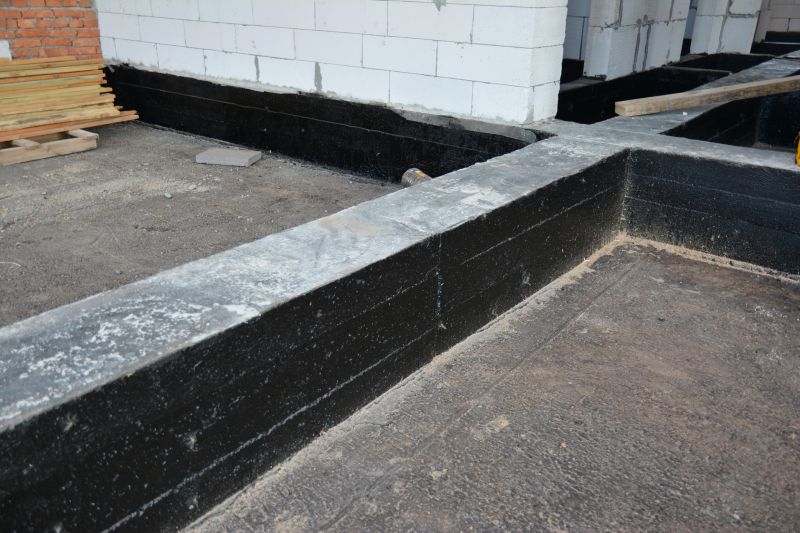
Finishes and colors that play nicely with Waterproofings.
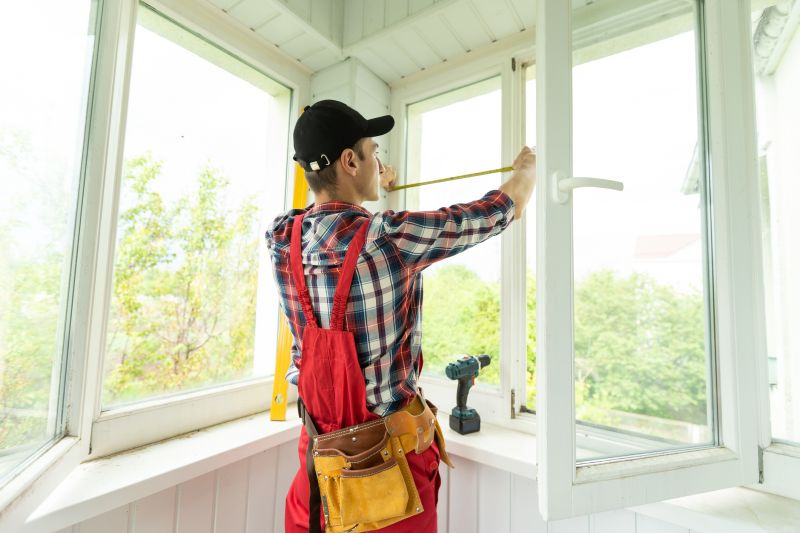
Little measurements that prevent headaches on Waterproofings day.
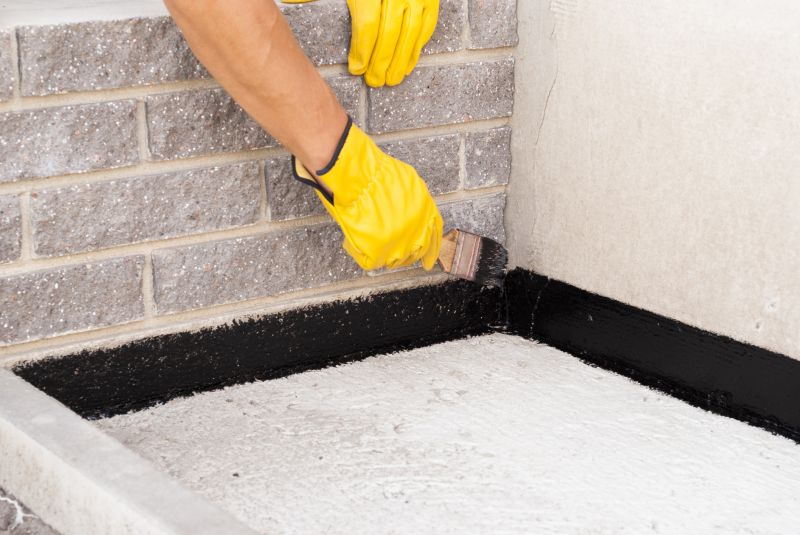
A 60-second routine that keeps Waterproofings looking new.
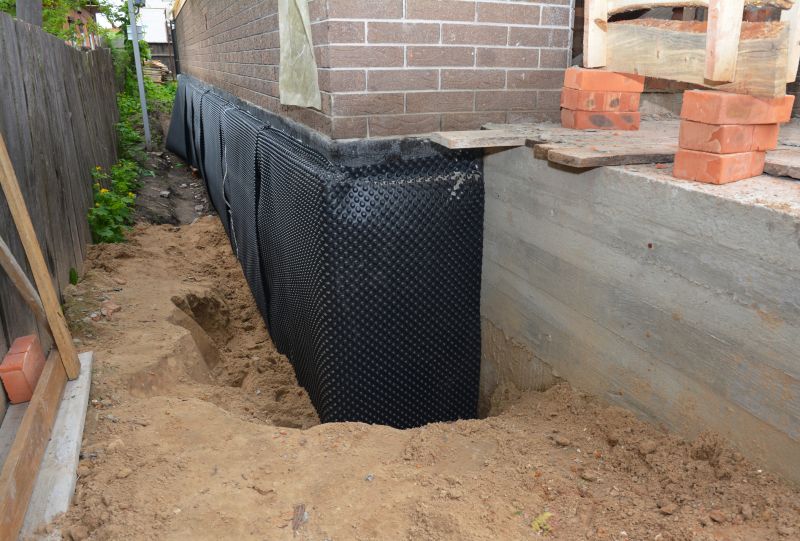
A frequent mistake in Waterproofings and how to dodge it.
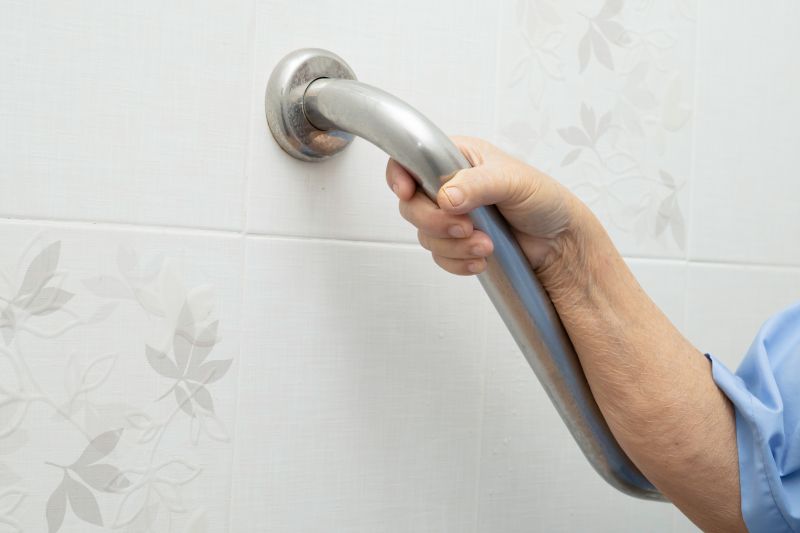
Small tweaks to make Waterproofings safer and easier to use.
| Season | Optimal Conditions |
|---|---|
| Spring | Moderate temperatures, increasing humidity, ideal for application before heavy rains. |
| Summer | Warm, dry weather, suitable for curing waterproofing materials. |
| Fall | Cooler temperatures, less humidity, good for preparing structures for winter. |
| Winter | Freezing temperatures, generally unsuitable for waterproofing application. |
Waterproofings are crucial for maintaining the integrity of buildings and structures. They prevent water ingress that can lead to mold, deterioration, and structural damage. Modern waterproofing techniques include liquid membranes, sheet membranes, and sealants, each suited for different applications and environmental conditions. Proper timing and execution of waterproofing projects extend the lifespan of structures and reduce maintenance costs.
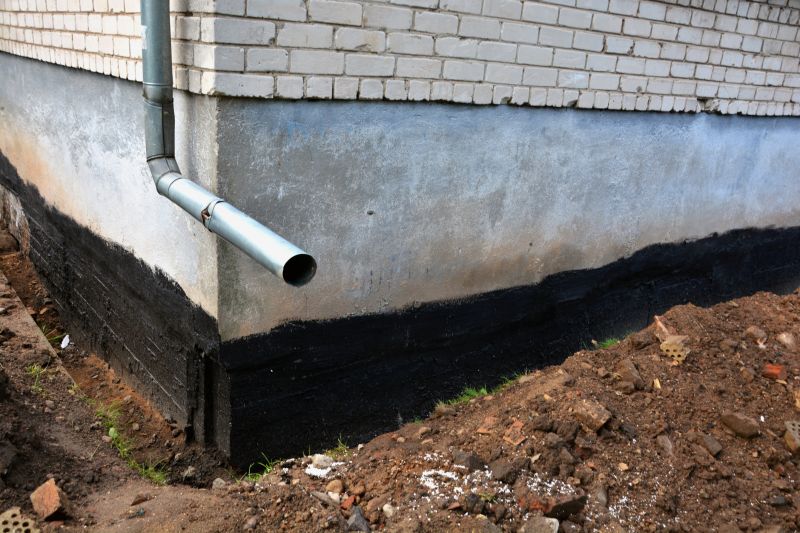
Lower-waste or water-saving choices for Waterproofings.
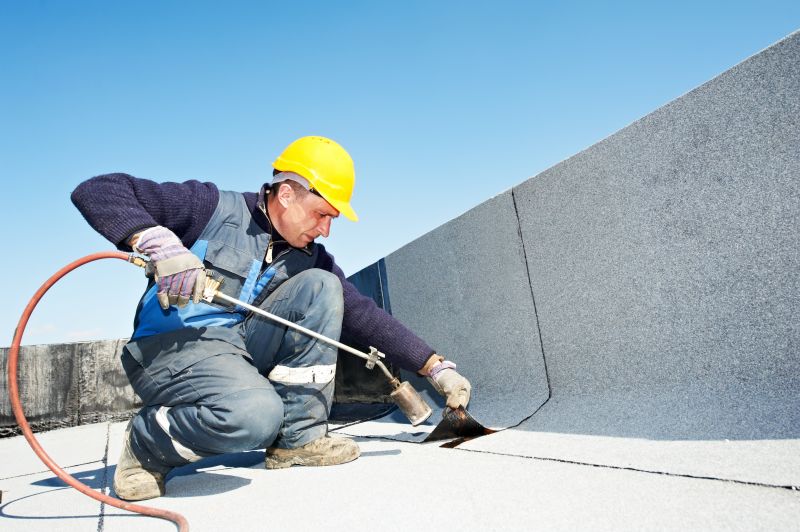
The short, realistic tool list for quality Waterproofings.
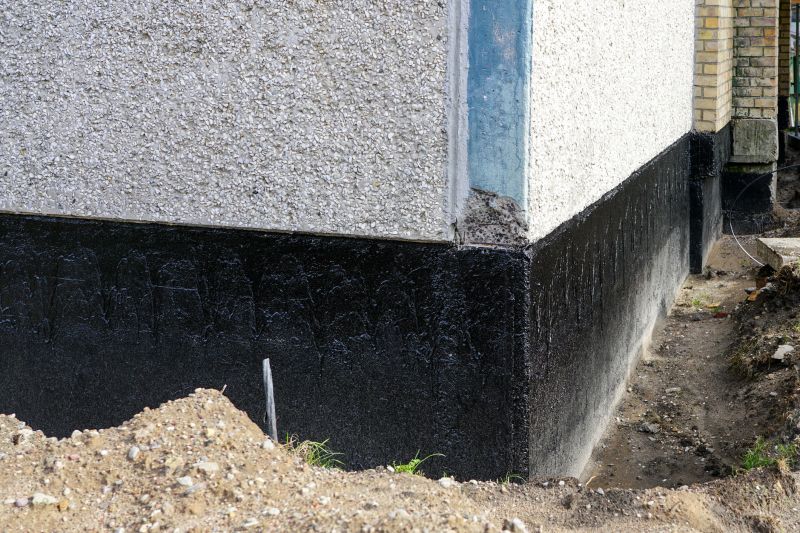
Rough timing from prep to clean-up for Waterproofings.
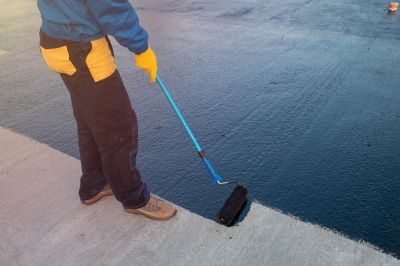
Quick checks and paperwork to keep after Waterproofings.
Interested in waterproofing services? Filling out the contact form can provide more details and assistance in scheduling projects to ensure your structures are protected at the right time.

